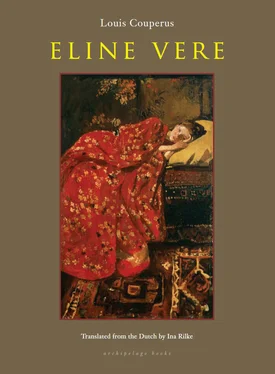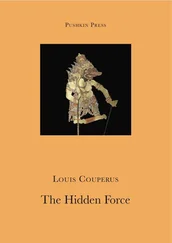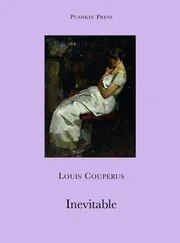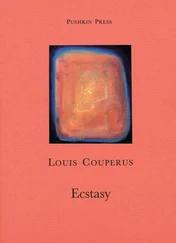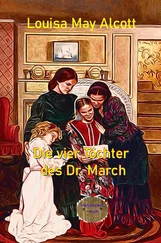But at the age of twenty-two. . he was pathetically ignorant of his own place in the extravagance of Nature. With the rest of us, he would have been astounded at the suggestion that he might have been born to be wasted. Other things were wasted, he knew, since those who called Nature an economist had grossly flattered her. Types and races and revolutions were squandered with royal prodigality — but that he himself should be so was clearly unthinkable.
Against this waste humankind has created art, and Couperus belonged to the generation who, even while seeing them as a sport of Nature, peculiarly valued artists, as able to provide invaluable bulwarks against the ultimate emptiness of existence. Much taken with, and in his turn admired by, members of the Aesthetic Movement, including Oscar Wilde himself, Couperus made his own great contribution to the art of literature, not so much through his own aestheticism — shown in his dandyism, his epicurean pleasures, his tendency to lushness of prose — as in those deeply serious novels of which Eline Vere is the first in which, with scrupulous honesty, artistry of design and intense care for minutiae he faces up to life’s complexity.
His masterpiece, Van oude mensen de dingen die voorbijgaan ( Old People and the Things That Pass , 1906) deals with two old people who, when younger and living in the East Indies as members of its colonial service, committed a horrendous crime — just how horrendous comes as a shock even to readers long anticipating its revelation, so savage, treacherous and pitiless was it. Undiscovered and therefore unpunished, for decades, the murder has nonetheless worked a long-enduring, baleful power on the intertwined ramified families of the culprits in The Hague (of the same milieu as the protagonists of Eline Vere ). A novel of deceptions, ignorance, half-understandings, reluctant or nervous uncoverings, it imports into a restricted Dutch circle that disruptive ‘hidden force’ so ineluctably bound up with passion and with a culture not founded on reason, showing how it lurks behind even the most conventional or formal interchanges. Intricate in form though it is, with its all-important glimpses of the lurid pasts of an extremely aged man and woman, it describes a trajectory as relentless and seemingly swift of movement as some well-aimed deadly arrow. The Tolstoyan openness of Eline Vere , with its many scenes of the hustle and bustle of the unremarkable social life of mostly unremarkable individuals, must not detract from our realising that it also is closely worked and forms a devastating trajectory. Again, the book is less close to War and Peace than to Anna Karenina , from the structure of which it surely learned valuable lessons. The novel opens with an exchange between Paul and Frédérique, who, like Beatrice and Benedict, are to continue to spar throughout the novel, the girl perpetually showing up the shortcomings of the young man while revealing her deep affection for, even her belief in, him, and showing up too — with continual shrewdness, if with limited charity — the faults in Eline that will lead to her decline and demise. Paul and Frédérique’s is to be the union of those approved of by Nature and so, fittingly, it is with a window into their young married life, and with Otto and Marie determined to emulate it, that the novel concludes.
Between the opening and the final episode of Paul and Frédérique’s love lie, as if between bookmarks, the stories of other couples, and, too, of those Nature has marginalised. Of these Eline herself is not merely a representative but at times a passionate spokesperson, too often foolish and futile, but in her sensibility rightly judged worthy of having named after her one of the richest, most satisfying novels of the late nineteenth century.
Couperus wrote as a summary of himself:
ZOO IK IETS BEN, BEN IK EEN HAGENAAR
Whatever else I am, I am a man of The Hague.
His love of his native city pervades his first novel, so that to visit The Hague, and nearby Scheveningen, is to live again the experiences it recounts. But Eline Vere reveals also that, through being so faithfully and feelingly a man of The Hague, Couperus could speak to, and for, the whole human world.
